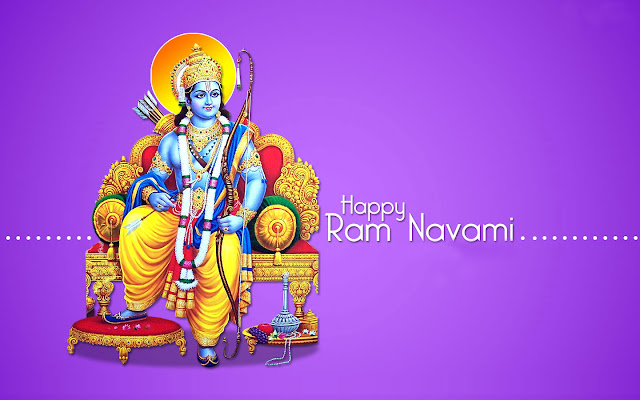The Hare Krishna world in Europe was quite different from the one I was used to. The ‘80s hadn’t devastated it as fully as in America. I guess that’s because their main post-Prabhupāda guru actually managed to “keep the dream alive” and continue acting as their unquestionable divinely-anointed leader. Harikeśa Swāmī, a.k.a. Śrīla Viṣṇupāda, made rock albums himself. They were completely awful in every way, and the fact that his disciples could listen to them made me really believe in brainwashing. Yet, despite being a wannabe rocker himself, he declared 108 an affront to Śrīla Prabhupāda. If we were real devotees, he said, we would be selling Prabhupāda’s books on the streets, not rocking out on stage.
His followers looked down on us. We knew it right away because it was one of the first things they told us. “Śrīla Viṣṇupāda says you are not bonafide.”
Oh, thank you. Nice to meet you, too.
Some of the ISKCON’s most prolific booksellers were here amongst his disciples. When we walked into the temple room they welcomed us with their backs.
Of course, our lack of bonafidity didn’t stop them from coming to our shows to sell books and so on. Somewhere in Germany, we pulled into a club and they were already there, somberly eyeing the peculiarities of our decidedly un-bondafide selves. They hadn’t brought anything to eat, but, as usual, the person in charge of the show had cooked us a vegetarian meal.
The devotees sat along the wall, glaring as we sat at the table.
It was exceedingly awkward, so I made a plate and carried it over to offer it to them.
“We eat only prasādam.” their spokesman said, renouncing my offer with a German accent that was almost cartoonish.
“This is prasādam.” I replied, already a bit insulted.
“No. It is cooked by the karmīs,” he declared. “Krishna does not accept it. And we do not eat karmī grains.”
I handed him an apple from a basket of fruit on the table.
He refused it, “It has been washed by the karmīs.”
Devotees all over the world are guilty of fanaticism, but this was just beyond imagination. I sat down and ate as much karmī grain as I could, in as boisterously joyful a mood I could possibly muster. We then informed they were welcome to stay for the show, but they were not welcome to sell books or do kīrtan. We would do the preaching.
They left.
Hey, if you are going to be “unbonafide,” you might as well do it without the hassle of having people breathing down your neck.
– Excerpt from an early draft of
Train Wrecks and Transcendence: A Collision of Hardcore and Hare Krishna
Available May 2016
By Vraja Kishor [VrajaKishor.com]
Tagged:
fanatic,
ISKCON,
religious fanaticism,
visnupada 













 About Lord Ramacandra
About Lord Ramacandra




 By Karandhara Dasa
By Karandhara Dasa By Vishakha Devi Dasi
By Vishakha Devi Dasi By Vishakha Devi Dasi
By Vishakha Devi Dasi

